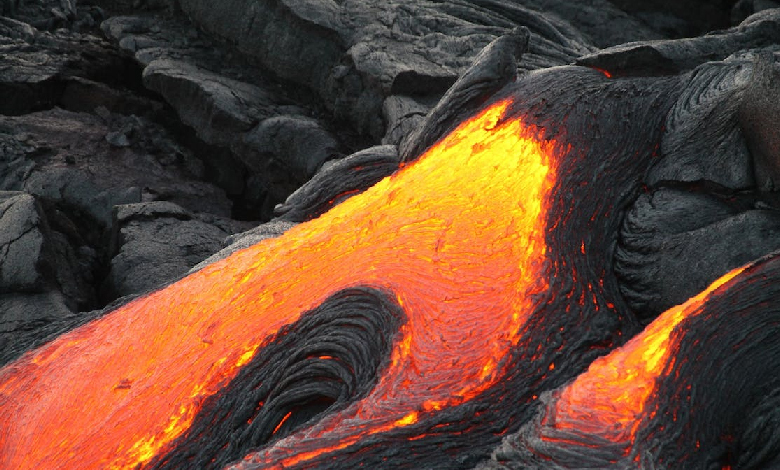Here’s The More Important Question: Should Humans Control Volcanoes?

One night in 1986, a cloud of carbon dioxide gas emerged from an unsettled volcanic lake in Cameroon. It crept downslope, entering farms and buildings, eventually suffocating more than 1,700 people and 3,000 livestock in an incident nothing short of horrific.
Next, scientists and engineers had to prevent the disaster of Lake Nyos from repeating. Three years later, they started siphoning off the deadly gas from the bottom of the lake. The procedure involved risks but it didn’t fail. CO2 gas levels since then have remained under control.
Read More: Iceland Volcano: Exploring Impact Of Eruptions On Climate Change
Risks, Benefits, Moral Dilemmas
The response to the Cameroon disaster shows volcano geoengineering can be done safely, in some cases. What made the example so striking was the work wasn’t done with some futuristic technology – the gas, in the beginning, was drained with a garden hose!
But not all geoengineering is so simple. Elsewhere, such as in Hawaii, planes have dropped bombs in the hopes of controlling the natural phenomenon (unsuccessfully). However, all of these techniques pose risks, in addition to benefits, and moral dilemmas too.
In a recent paper, volcanologist Michael Cassidy of the University of Bermingham and his colleagues make the case for deeper exploration of the ethics of volcano geoengineering. The important question, they say, is not so much could humans control volcanoes.
Should Humans Control Nature?
Humans have been poking around inside volcanoes for at least 100 years, luring in mixed results. Since volcanology’s birth as a fully-fledged scientific field in the mid-20th century, the general principle has been surrounded by precautions, and “do not harm”.
But it is clear that volcano geoengineering could save several lives, if done safely. Moreover, the approach could also mitigate other catastrophic effects, as some volcanic eruptions could trigger impacts on a global scale, both economically and climatological.
Read More: Reindeers Confront Climate Change: The Underrated Engineers Of Lapland
There is the effect on the climate. The CO2 that the natural phenomena add to the atmosphere is much less compared to human emissions. But every so often a big eruption can have a cooling effect on the planet by releasing Sun-blocking ash and aerosols.



